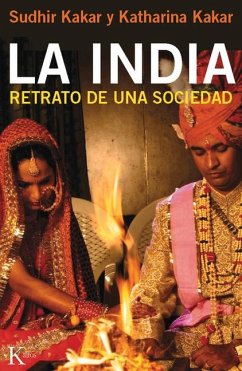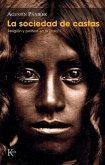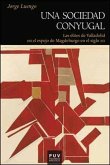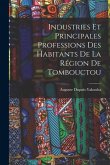In this bold, enlightening, and readable study, psychoanalyst Sudhir Kakar and anthropologist Katharina Kakar investigate the nature of "Indian-ness," that sense of unity that underlies modern India's tremendous diversity, beyond ethnic or social differences. Focusing on what constitutes a common Indian identity, the authors examine in detail the complex hierarchical organization of Indian social life, based on the caste system; strong familial ties, founded upon the concept of extended family; the ayurvedic influence on health and body image; the modest attitude toward sex and marriage; the role of women in society; and the concept of the "other," especially as it applies to Hindu-Muslim relations. Drawing upon three decades of research and sources as varied as the Mahabharata, the Kama Sutra, the writings of Gandhi, Bollywood movies, and popular folklore, the Kakars have created here a rich and colorful portrait of Indian society. En este sólido, esclarecedor y ameno estudio, el psicoanalista Sudhir Kakar y la antropóloga Katharina Kakar investigan la naturaleza de la "indianidad," esa unidad que subyace en la gran diversidad de la India moderna, más allá de las diferencias étnicas o sociales. Centrándose en lo que constituye una común identidad india, los autores examinen en detalle el complejo mundo jerárquico de las relaciones sociales indias, basado en la institución de la casta; la particular concepción de los vínculos familiares, derivada de la idea de familia extensa; la influencia del ayurveda en la imagen del cuerpo humano y la salud; la pudorosa actitud hacia el sexo y el matrimonio; el papel de la mujer en la sociedad; y la percepción del "otro," con especial énfasis en el conflicto hindú-musulmán. Apoyados en tres décadas de investigación y fuentes tan variadas como el Mahabharata, el Kamasutra, los escritos de Gandhi, las películas de Bollywood y el folclore popular, los Kakar han creado con esta obra un riquísimo y cromático retrato de la sociedad india.








